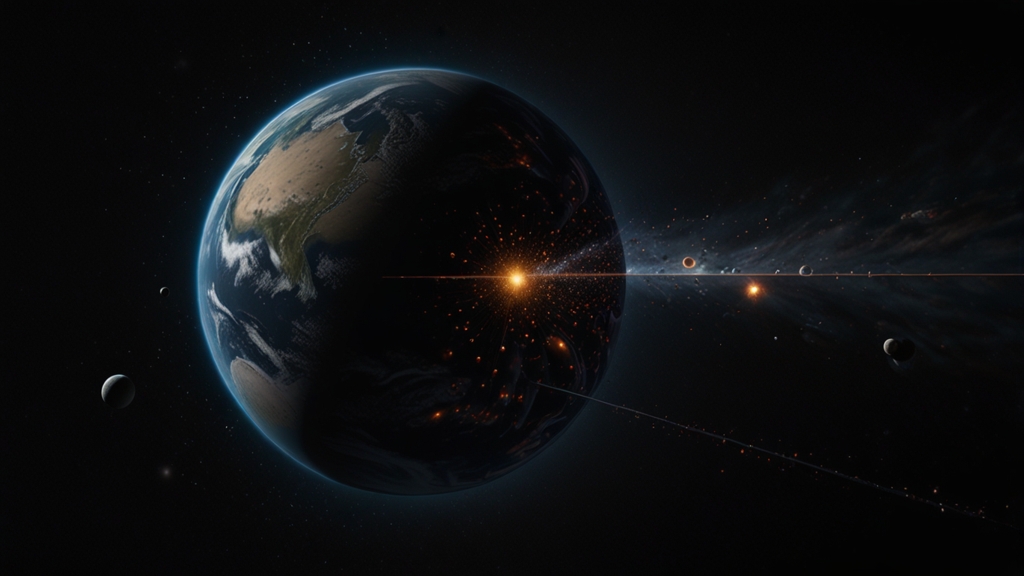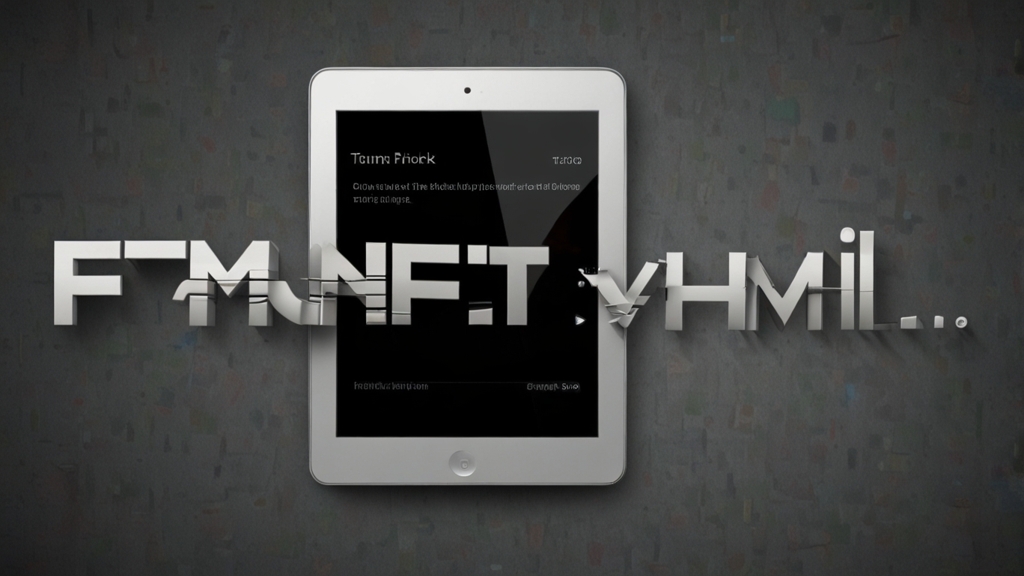Challenging the Prophets: How Doubt Shapes Belief Systems
Belief systems, whether religious, philosophical, or scientific, are often held as truths by individuals and communities. However, the refinement and evolution of these systems frequently stem from doubt and questioning. When adherents or skeptics challenge the doctrines and prophets of any belief system, it can lead to profound growth, adaptation, and sometimes, reformation. This article explores how doubt plays a crucial role in shaping and refining belief systems.
The Role of Doubt in Religious Belief Systems
Religious beliefs have historically been challenged by doubters, both within and outside the faith. The questioning of religious doctrines can lead to deeper understanding, reinterpretation of texts, and even schisms that birth new denominations. For instance, the Protestant Reformation was sparked by Martin Luther's doubts about the Catholic Church's practices, leading to a significant realignment of Christian belief and practice.
"Doubt isn't the opposite of faith; it is an element of faith." ― Paul Tillich
Within religious communities, doubt can function as a catalyst for spiritual growth. When believers question their faith constructively, they often find more profound and personalized convictions. This dynamic interaction between faith and doubt can fortify the believer's commitment and understanding.
Doubt in Philosophical Inquiry
Philosophy thrives on doubt. The Socratic method, a form of cooperative argumentative dialogue, is based on asking and answering questions to stimulate critical thinking and illuminate ideas. Socrates himself famously claimed to know nothing, emphasizing the importance of questioning even the most established ideas.
Rene Descartes, a pioneering figure in modern philosophy, began his meditations by doubting everything that could possibly be doubted. This method of radical doubt was not an end in itself but a means to establish a foundation of certain knowledge. Descartes concluded that while he could doubt the existence of the physical world, he could not doubt the existence of his consciousness, encapsulated in the phrase, "Cogito, ergo sum" ("I think, therefore I am").
The Scientific Method: Institutionalizing Doubt
In science, doubt is institutionalized through the scientific method. Scientists propose hypotheses and rigorously test them, always ready to revise or abandon theories in light of new evidence. This constant questioning and challenging are essential for scientific progress.
"The important thing is not to stop questioning. Curiosity has its own reason for existing." ― Albert Einstein
Scientific revolutions often occur when prevailing theories are doubted and overturned. The transition from Newtonian mechanics to Einstein's theory of relativity is a poignant example. Einstein doubted some of the assumptions of classical physics and, through rigorous testing and mathematical modeling, developed a more comprehensive theory that has profoundly shaped our understanding of the universe.
Constructive vs. Destructive Doubt
It is essential to distinguish between constructive doubt, which fosters growth and understanding, and destructive doubt, which can lead to cynicism and paralysis. Constructive doubt is characterized by a genuine desire to seek truth and improve understanding, often accompanied by a willingness to reconsider one's views in light of new evidence or arguments. Destructive doubt, on the other hand, may stem from a place of disruptive skepticism, where the goal is to dismantle rather than to understand and improve.
For any belief system to thrive and remain relevant, it must be able to withstand and grow from constructive doubt. This dynamic interplay ensures that belief systems do not become stagnant but continue to evolve, aligning more closely with truth and the human experience.
Conclusion
Doubt is not the enemy of belief but its companion. By challenging the prophets, doctrines, and foundations of belief systems, doubt fosters a more profound and resilient understanding. Whether in religion, philosophy, or science, asking questions and seeking answers are crucial for growth and transformation. Embracing doubt as part of the journey can lead to more nuanced, adaptable, and robust belief systems, ultimately enriching the human quest for meaning and truth.








